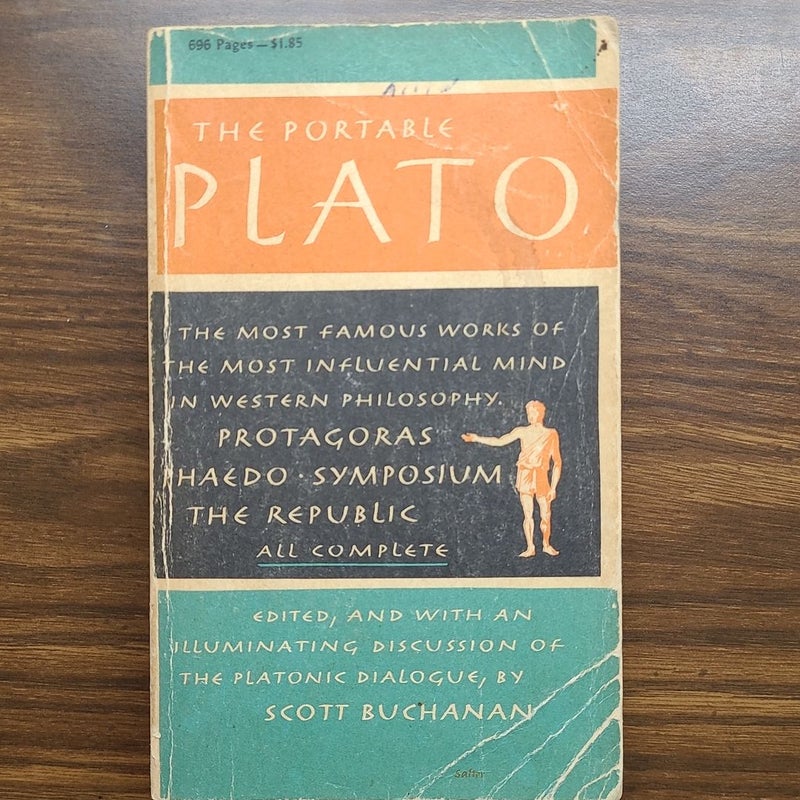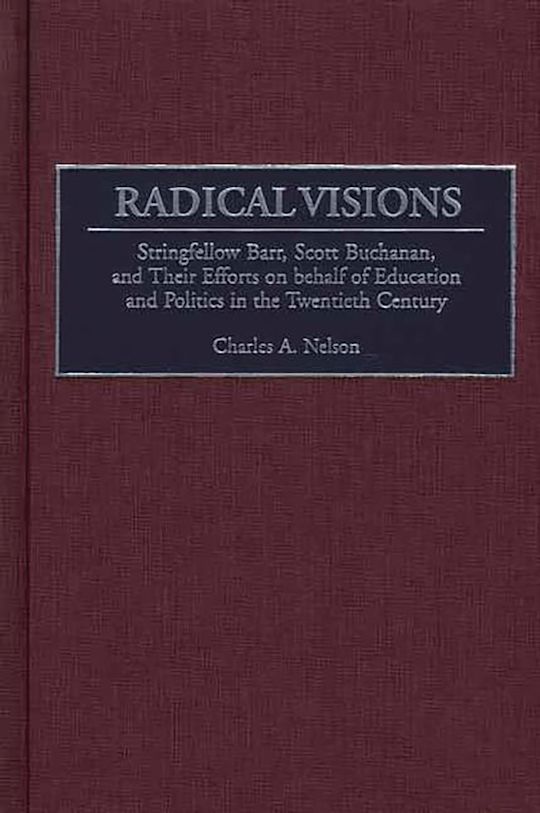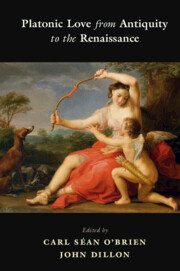Scott Buchanan: A Pioneer in the World of Ideas
Introduction
Scott Buchanan is a name that resonates within the realms of philosophy, education, and liberal arts. His contributions as a thinker, educator, and writer have left a profound impact on the intellectual landscape. Buchanan's work, which traverses the intersections of these fields, embodies a unique and transformative approach to education and the pursuit of knowledge. This article seeks to delve into the life and legacy of Scott Buchanan, exploring his significant contributions and the enduring influence he has had on the world of ideas.
Early Life and Education
Scott Buchanan was born in the early 20th century, a period marked by profound social and intellectual changes. His early life was characterized by a deep curiosity and a voracious appetite for learning, traits that would shape his future endeavors. Buchanan pursued his academic ambitions with vigor, attending prestigious institutions where he was exposed to a wide range of philosophical and educational ideas. His educational journey laid the foundation for his later work, imbuing him with a rich understanding of classical texts and the liberal arts.
The Integral Liberal Arts Education
One of Buchanan's most notable contributions was his role in developing the concept of an integral liberal arts education. He believed that education should not merely focus on specialized skills and knowledge, but should also cultivate critical thinking, ethical reasoning, and a deep appreciation for the interconnectedness of various disciplines. Buchanan argued that a well-rounded education in the liberal arts could prepare individuals not only for professional success but also for meaningful participation in civic life.
Buchanan's philosophy of education was rooted in the classics. He posited that engaging with foundational texts, such as those of Plato, Aristotle, and other great thinkers, could foster a profound intellectual and moral growth. His approach emphasized the Socratic method of dialogue and inquiry, encouraging students to question relentlessly, think critically, and engage deeply with the material.
Philosophical Contributions
Beyond his contributions to education, Scott Buchanan was also a profound philosophical thinker. His writings often explored the relationship between language, thought, and reality. Buchanan was particularly interested in how language shapes human understanding and perception. He believed that language is not just a tool for communication but also a lens through which we interpret the world.
Through his philosophical explorations, Buchanan questioned conventional assumptions and sought to uncover deeper truths about the human experience. His work often addressed existential themes, examining how individuals make sense of their place in the world and the meaning they derive from their lives. Buchanan's thought-provoking approach to philosophy continues to inspire new generations of thinkers and scholars, encouraging them to question deeply and think critically about their own beliefs.
Influence and Legacy
Scott Buchanan's influence extends far beyond his lifetime. His ideas about education and philosophy have had a lasting impact on contemporary thought and practice. Educational institutions across the world have embraced his vision of a holistic, liberal arts education, recognizing its importance in cultivating well-rounded individuals capable of thoughtful and ethical decision-making.
Moreover, Buchanan's philosophical writings continue to be studied and referenced by scholars who seek to understand human cognition, language, and the existential dimensions of life. His legacy is evident in the ongoing discourse and explorations within these fields.
Buchanan's approach to education and philosophy has inspired countless individuals to pursue intellectual curiosity and to approach learning as a lifelong endeavor. His work encourages us to challenge our assumptions, engage deeply with profound questions, and to always seek a deeper understanding of the world around us.
As we explore further into the life and contributions of Scott Buchanan in the subsequent parts of this article, it becomes clear that his legacy is not only a testament to his intellectual achievements but also an ongoing inspiration for those who value the pursuit of knowledge and wisdom. The next section will delve deeper into his significant works and explore how they have shaped and influenced modern thought.
Significant Works and Key Ideas
Scott Buchanan's legacy is deeply etched in his written works, which offer a comprehensive view of his philosophical and educational ideas. Among his most influential writings is his contribution to the development of the "Great Books" program. This initiative, grounded in Buchanan's belief in the importance of classical texts, aimed to revitalize liberal arts education by integrating these timeless works into the curriculum. The program encouraged students to engage with seminal texts across disciplines, fostering a holistic and integrative approach to learning.
Buchanan's book "Poetry and Mathematics," published in 1929, exemplifies his interdisciplinary approach to knowledge. In this work, Buchanan explored the intrinsic connections between seemingly disparate fields, arguing that poetry and mathematics, though fundamentally different, share underlying principles of beauty, order, and structure. Through this analysis, Buchanan demonstrated the power of metaphorical thinking in transcending disciplinary boundaries, a hallmark of his intellectual style.
Another seminal work, "The Doctrine of Signatures," delves into semiotics and the philosophy of language. Here, Buchanan examined the concept of "signatures" as symbolic representations within nature, suggesting that the natural world holds clues and meanings that can be interpreted through a symbolic lens. This work further emphasized Buchanan's interest in language as a tool for decoding and understanding the complexities of human experience.
The Great Books Movement
The Great Books movement, with which Scott Buchanan was intimately involved, played a pivotal role in advancing his educational philosophy. Buchanan, along with prominent intellectuals like Robert Hutchins and Mortimer Adler, sought to create an educational framework where students could engage directly with the classics. This was not merely an academic exercise but a transformative educational experience designed to foster critical thinking, ethical insight, and a deeper understanding of the world.
Buchanan believed that exposure to the primary sources of Western thought was essential for an informed and well-rounded education. The Great Books program encouraged students to read rigorously, think critically, and participate in discussions that challenged their perspectives. This initiative reflected Buchanan's conviction that education should be an active rather than passive process, cultivating minds capable of thoughtful analysis and synthesis.
The impact of the Great Books movement was profound, influencing universities and colleges across the United States and beyond. Buchanan's advocacy helped spark a renewed interest in classical education and underscored the enduring relevance of these foundational texts. The movement also stimulated broader discussions about the purpose and nature of higher education, debates that continue to this day.
Educational Reform and the Impact on Teaching Practices
Buchanan's influence extended beyond curricular development to broader educational reform. He was a vocal advocate for changes in teaching practices that emphasized active learning and student engagement. Buchanan challenged the prevailing model of rote memorization and lecture-based teaching, advocating instead for a dialogic and interactive educational environment.
His ideas encouraged teachers to adopt the Socratic method, fostering an atmosphere where students could explore complex issues through guided conversation and inquiry. Buchanan believed that by engaging with difficult questions and engaging in discourse, students would develop a deeper understanding of the material and cultivate the skills necessary for independent thought and problem-solving.
The shift towards a more interactive and student-centered educational approach also had implications for assessment and evaluation. Buchanan questioned traditional methods of standardized testing, advocating instead for assessments that captured a student's understanding and ability to apply what they had learned within real-world contexts. This perspective influenced educational theorists and practitioners who sought more holistic and meaningful approaches to evaluating student progress.
Buchanan's Enduring Influence
While many of Scott Buchanan's ideas were groundbreaking during his lifetime, they continue to resonate in contemporary discussions about education, philosophy, and the liberal arts. His work championed a vision of education that transcended technical skills and vocational training, aiming to develop individuals who could think deeply, act ethically, and contribute meaningfully to society.
Institutions of higher learning continue to implement Buchanan's principles, adapting them to the challenges of the modern world, including the integration of digital technologies and interdisciplinary studies. Buchanan's emphasis on the importance of encountering and engaging with great texts remains relevant in an era that values information for its depth and critical analysis.
Moreover, Buchanan's philosophical investigations into language and meaning continue to inspire contemporary thinkers. In an age where communication rapidly evolves, his insights into the power of language as a tool for understanding and discovery serve as a reminder of the profound connection between words and the world they seek to describe.
The exploration of Buchanan's ideas highlights a journey through the vibrant landscape of human thought. As we prepare to delve further into Buchanan's personal journey in the final part of this article, we will consider how his life experiences influenced his work and the personal characteristics that fostered his distinctive and enduring contributions to the fields of philosophy and education.
Personal Journey and Influences
Scott Buchanan's intellectual pursuits were deeply intertwined with his personal journey, shaped by the events and experiences of his life. Born into an era of great change and intellectual ferment, Buchanan's early life was a tapestry woven with diverse influences. As a young man, he was exposed to a myriad of ideas that would later inform his work and philosophy.
Buchanan's academic path took him to universities where he was not only a student but also an avid participant in the intellectual movements of the time. This environment nurtured his natural curiosity and equipped him with a broad and deep understanding of various philosophical and educational traditions. His interactions with notable scholars and thinkers provided a fertile ground for the development of his unique perspective on education and philosophy.
Buchanan's personal philosophy was also shaped by his commitment to the belief that knowledge should serve a greater purpose beyond mere intellectual pursuit. He held a strong conviction that education should prepare individuals to engage with and contribute positively to society. This belief was reflected in his active participation in civic and educational reform efforts, where he tirelessly advocated for the integration of the liberal arts as a means to nurture thoughtful and responsible citizens.
Critiques and Challenges
Despite his significant contributions, Buchanan faced critiques and challenges, both during his lifetime and posthumously. Some critics argued that his emphasis on classical texts and the Great Books approach might overlook the diverse and contemporary perspectives necessary for a modern education. Others questioned whether the traditional liberal arts education he championed was sufficient to prepare students for the rapidly changing demands of the 21st-century economy.
Buchanan's focus on Western philosophical traditions also drew scrutiny in an increasingly globalized world. Critics pointed out the need for curricula that include diverse voices and perspectives from various cultural backgrounds, challenging educators to expand beyond a predominantly Western canon.
In response to these critiques, many educational institutions inspired by Buchanan's work have sought to adapt his principles, striving to balance the study of classic texts with the inclusion of diverse and contemporary voices. This has resulted in the evolution of liberal arts curricula that honor Buchanan's vision while addressing the needs of a modern, interconnected world.
A Lasting Legacy
Despite the challenges, Scott Buchanan's legacy endures as a testament to his visionary approach to education and philosophy. His advocacy for a well-rounded liberal arts education continues to inspire educators and institutions around the world. As educators seek to foster critical thinking, ethical understanding, and a lifelong love of learning, Buchanan's principles remain central to these endeavors.
Buchanan's work also persists in the ongoing exploration of how best to navigate the complexities of modern life. His insights into the intersections between language, thought, and reality encourage scholars and students alike to consider how knowledge systems can be integrated to provide a richer understanding of human experience.
Moreover, Buchanan’s legacy resonates with those who see education as a transformative and liberating human endeavor. His belief in the power of education to empower individuals echoes in contemporary discussions about educational access, equity, and reform. It reminds us that education is not just about acquiring information but about shaping responsible, engaged, and thoughtful citizens.
Conclusion
Scott Buchanan's journey through the world of ideas presents a profound and inspiring narrative, weaving together philosophy, education, and a commitment to the common good. His work challenges us to think beyond the confines of narrow specialization and embrace a broader vision of education—one that cultivates not just knowledge, but wisdom.
The enduring impact of Buchanan's ideas reminds us of the timeless value of classical thought and its relevance in addressing contemporary challenges. As we navigate an ever-changing global landscape, Buchanan's philosophy of interconnected learning provides a framework to equip individuals with the tools they need to lead meaningful and fulfilling lives.
As we celebrate and reflect on Scott Buchanan's contributions, we are invited to carry forward his passion for inquiry and understanding. In doing so, we honor his legacy and ensure that his vision for an integral liberal arts education continues to illuminate pathways to a more thoughtful and engaged society.














Comments